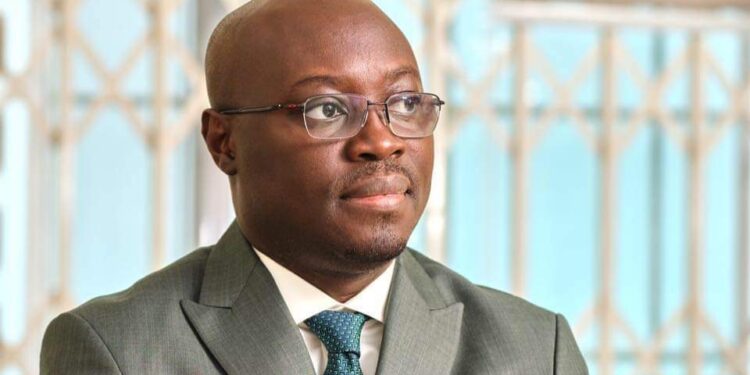2026 Budget: Government to Construct 1,200MW Thermal Power Plant to Bolster Energy Supply
Dr Cassiel Ato Forson, the Minister for Finance, has announced that government will commence the construction of a 1,200-megawatt state-owned thermal power plant in 2026 as part of efforts to ensure reliable and affordable electricity supply.
Presenting the 2026 Budget Statement and Economic Policy themed “The Ghana We Want” to Parliament on Thursday, November 13, 2025, Dr Forson said the new power plant will utilise an additional 150 million standard cubic feet of gas per day from Ghana’s Offshore Cape Three Points (OCTP) partners and the soon-to-be-developed Ghana Gas Processing Plant Two (GPP 2).
“This plant will support the provision of reliable and affordable power and secure Ghana’s energy future,” Dr Forson told Parliament.
The Finance Minister further noted that the project aligns with government’s Gas-to-Power Strategy, which seeks to transition from costly light crude oil to cleaner, domestically produced natural gas for power generation.
According to him, the shift is expected to cut generation costs by at least 75 percent, reduce the energy sector’s financing shortfalls, and minimise its fiscal impact on the national budget.
Dr Forson disclosed that the OCTP partners, led by ENI, completed a major upgrade in July 2025, expanding gas processing capacity from 240 million to 270 million standard cubic feet per day, while production from the Jubilee and TEN fields has increased from 110 million to about 130 million standard cubic feet per day.
He added that government has secured additional agreements for increased gas supply—80 million standard cubic feet per day from the OCTP partners and 70 million from the Jubilee partners—to feed into the expanded gas infrastructure.
To ensure efficient implementation, Dr Forson said a Project Implementation Committee has been constituted to oversee the accelerated development of GPP 2, which will process and supply gas for power generation.
The initiative, he stressed, will not only strengthen Ghana’s energy security but also advance the country’s clean energy transition and fiscal sustainability goals.








